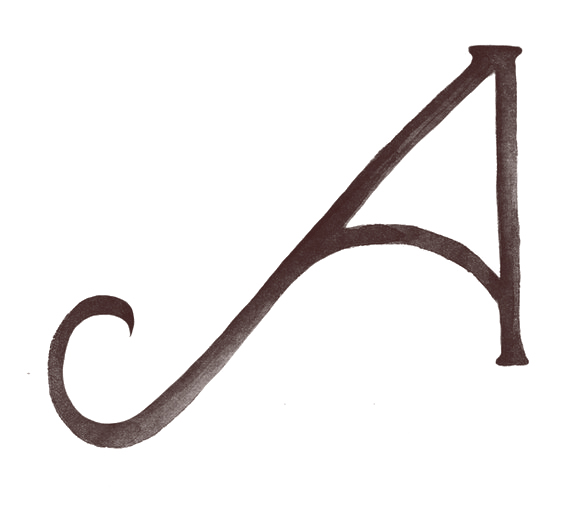Putting writers block in perspective
The internet is overflowing with suggestions for writers suffering writers block.
The inability to get words onto pages or screens is possibly the greatest fear of many writers, in particular writers of fiction. Like Jack Nicholson’s mad genius in The Shining, the simple act of putting pen to paper or fingers to keys defeats them.
One of my vices (I have very few left these days) is to collect paperbacks from the classic post-war period – back when books were sold face-out at newsstands, providing mass entertainment for the pre-TV generation. Now regarded as quirky retro-cool for their wonderfully lurid cover designs, pulp fiction paperbacks actually represent the high point of mass market publishing.
In Australia the most prolific publisher was Horwitz, which published under the banner, ‘Australia’s Pocket Book’. And the most prolific of Horwitz’s authors was Alan Yeats, writing as Carter Brown. In the 1940s and 1950s Carter Brown was contracted to write two short novels a month. Think about that the next time you want to plead writer’s block and feel the pull of the washing pile or that corner of the garden you’ve been meaning to tidy up.
Though formulaic, Carter Brown crime novels are quirky and well-written popular fiction, featuring great characters in often ludicrous situations. Largely forgotten now, Alan Yeats remains, at the very least on a per capita assessment, Australia’s most read author. His books were sold by Signet in the U.S. (where the stories are set) and were incredibly popular in their Scandinavian and Japanese translations.
Carter Brown didn’t have time for procrastination. Similarly, next time writer’s block looms cast yourself back to a different time when books were banged out on type-writers at thousands of words and a packet of smokes a day, a whiskey to steady the nerves and the constant fear that the next phone call would be a cranky editor (in another smoke-filled dingy office) demanding the copy for a novel that was due on the newsstands at the end of that month.
May your words pour onto the page,


